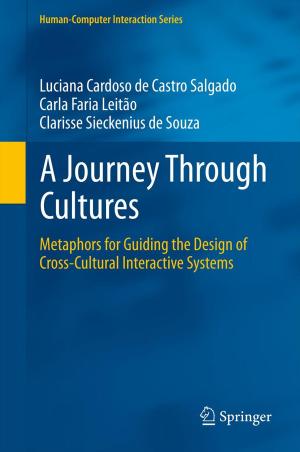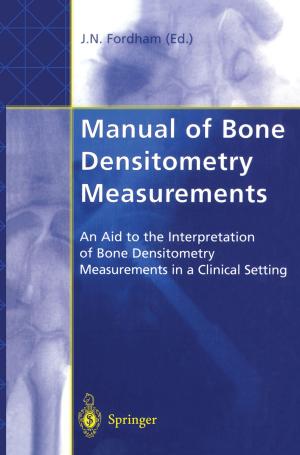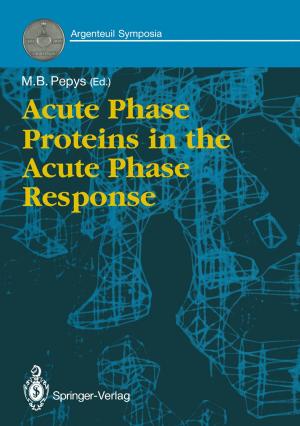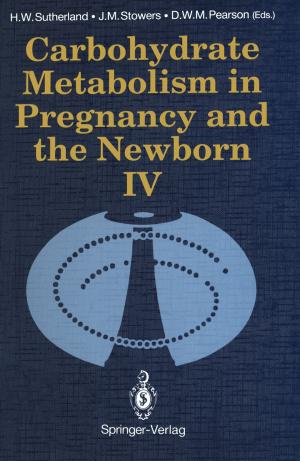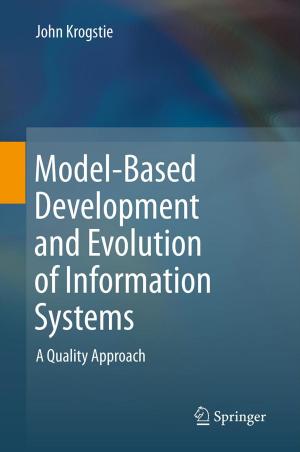An Introduction to Toxicology
Nonfiction, Science & Nature, Science, Other Sciences, Molecular Biology, Health & Well Being, Medical, Medical Science, Pharmacology| Author: | Philip C. Burcham | ISBN: | 9781447155539 |
| Publisher: | Springer London | Publication: | November 19, 2013 |
| Imprint: | Springer | Language: | English |
| Author: | Philip C. Burcham |
| ISBN: | 9781447155539 |
| Publisher: | Springer London |
| Publication: | November 19, 2013 |
| Imprint: | Springer |
| Language: | English |
This book provides a readable introduction to modern toxicology with a particular focus on the mechanisms underlying the induction of toxicity by foreign substances. Since bioactivation is central to many toxic syndromes, special interest is devoted to chemicals that undergo conversion to toxic metabolites that induce toxic effects as diverse as cancer, birth defects and organ injury. The molecular consequences accompanying damage to cellular DNA and proteins is explored together with the relevance of toxicological paradigms to human diseases caused by alcohol and tobacco. The discipline of toxicology has developed rapidly since the thalidomide disaster in the 1960’s as scientists worldwide seek to understand the adverse health effects of human medicines, environmental pollutants, consumer chemicals and industrial reagents. An Introduction to Toxicology is intended to supplement the recommended reading list of undergraduate and graduate programs in toxicology and pharmacology as an enjoyable, accessible primer with illustrations that “unpack” the concepts being discussed in the text.
This book provides a readable introduction to modern toxicology with a particular focus on the mechanisms underlying the induction of toxicity by foreign substances. Since bioactivation is central to many toxic syndromes, special interest is devoted to chemicals that undergo conversion to toxic metabolites that induce toxic effects as diverse as cancer, birth defects and organ injury. The molecular consequences accompanying damage to cellular DNA and proteins is explored together with the relevance of toxicological paradigms to human diseases caused by alcohol and tobacco. The discipline of toxicology has developed rapidly since the thalidomide disaster in the 1960’s as scientists worldwide seek to understand the adverse health effects of human medicines, environmental pollutants, consumer chemicals and industrial reagents. An Introduction to Toxicology is intended to supplement the recommended reading list of undergraduate and graduate programs in toxicology and pharmacology as an enjoyable, accessible primer with illustrations that “unpack” the concepts being discussed in the text.

